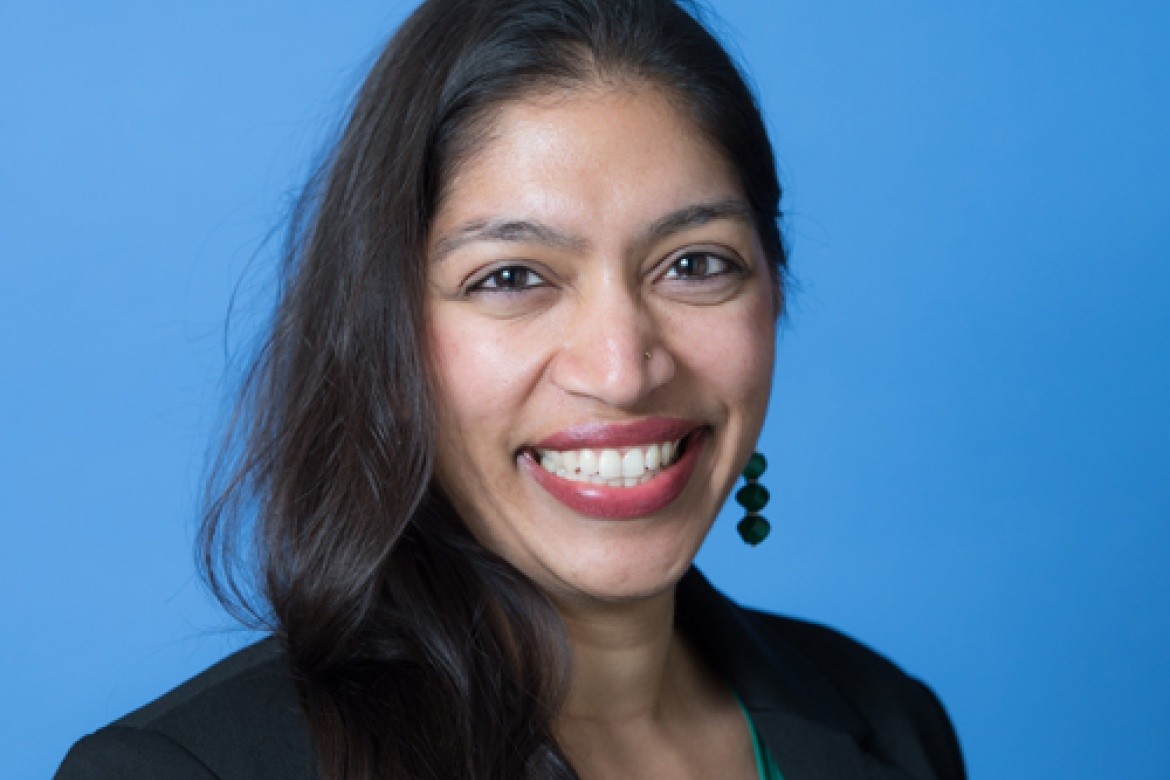Global supply chains and worker’s rights

“Today, I know exactly who made my clothes, and every day I support these workers in exercising their fundamental rights.”
Advanced Degrees: Master of International Affairs, Columbia University
Major: Anthropology, Spanish minor
Employer: Solidarity Center
Where was your shirt made, and under what conditions? The assignment seemed straightforward enough. I always loved the creative paper topics Professor Morgan gave us, and I realize now just how complex this particular assignment actually was.
MHC’s Anthropology department was full of classes that encouraged us to explore the interconnectedness of people, and Anthropology of Development was the most memorable example of this for me. This particular class pushed us to think through not only global supply chains of goods but also chains of policies and factors behind social issues. Getting to the root of a problem or the very first fiber of a piece of clothing meant understanding how every action is affected by what came before and continues to affect what comes after.
This “upstream approach” to problem solving helped me discover the labor movement. I realized that if I wanted to address issues like poverty and inequality, I had to attack them from their roots, rather than simply reacting to them.
After college, I became a union organizer, because I believed that empowered and united workers have a greater chance of securing wages and benefits that allow them to support themselves and their families with dignity. I assisted low-wage caregivers to join together to fight for the changes they wanted to see, like living wages, safe working conditions, and above all, respect from their employers.
More than a decade after graduating from MHC, I have a better understanding of global supply chains than I ever thought possible. As a senior program officer at the Solidarity Center, an international non-profit organization that promotes worker rights worldwide, I have been able to combine my union experience with my interest in promoting human rights internationally. I have had the opportunity to support teachers in the Democratic Republic of Congo in advocating for policy changes that would improve their working conditions while helping to remove children from mines—the same mines that produce metals for our electronics—and draw them to school. In Bangladesh, I have trained garment workers to organize for safer working conditions and compliance with national labor law.
Today, I know exactly who made my clothes, and every day I support these workers in exercising their fundamental rights and an op-ed I wrote on workers rights and the supply chain was recently published - another example of how I continue to use my anthropology classes.